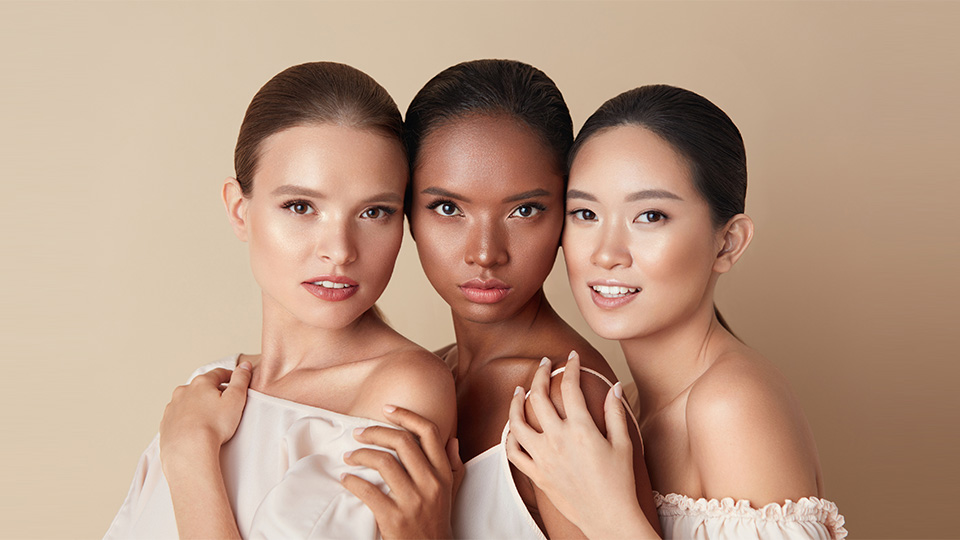
Unveiling the Psychology of Beauty: Its Impact on Self-Esteem
Introduction: Beauty is a captivating phenomenon that transcends cultural boundaries, shaping perceptions and influencing behavior. It holds a profound sway over our psyche, intertwining with notions of self-worth and esteem. Delving into the psychology of beauty unveils a complex interplay of societal standards, evolutionary instincts, and individual perceptions. Understanding this dynamic relationship is essential to navigating its effects on our self-esteem.
The Evolutionary Lens: To comprehend the psychology of beauty, we must journey back through the annals of human evolution. Evolutionary psychologists argue that our perception of beauty is deeply rooted in survival instincts. Traits associated with attractiveness, such as symmetry, clear skin, and a healthy physique, signal genetic fitness and reproductive potential. Thus, our innate preference for these attributes is a byproduct of natural selection, ingrained to ensure the continuation of our species.
Societal Constructs: While evolutionary factors lay the foundation, societal constructs mold our perception of beauty into a multifaceted prism. Cultural norms, media representations, and peer influences converge to define beauty standards, often promoting unattainable ideals. This societal pressure to conform to an arbitrary aesthetic can foster feelings of inadequacy and diminish self-esteem, particularly among those who deviate from the prescribed norms.
The Impact on Self-Esteem: Our perception of beauty, whether internalized or external, profoundly influences our self-esteem. For many, meeting societal beauty standards becomes a yardstick for self-worth, leading to a perpetual cycle of comparison and self-criticism. Those who perceive themselves as falling short of these ideals may experience diminished self-esteem, fueling feelings of insecurity and unworthiness.
Moreover, the omnipresence of digitally altered images in mainstream media exacerbates this phenomenon, creating an unrealistic portrayal of beauty. Constant exposure to these unattainable standards can distort perceptions of one’s own appearance, fostering dissatisfaction and eroding self-esteem.
Empowerment Through Awareness: However, understanding the psychology of beauty offers a pathway to empowerment. By recognizing the constructed nature of beauty standards and challenging their authority, individuals can reclaim agency over their self-esteem. Embracing diversity and celebrating individuality cultivates a more inclusive definition of beauty, fostering a sense of belonging and acceptance.
Furthermore, cultivating self-esteem from within, rooted in qualities beyond physical appearance, serves as a formidable antidote to societal pressures. Nurturing self-compassion, resilience, and authenticity fosters a robust sense of self-worth that transcends superficial notions of beauty.
Conclusion: The psychology of beauty is a multifaceted realm, intricately woven into the fabric of human experience. Its impact on self-esteem underscores the need for critical reflection and empowerment. By deconstructing societal constructs, challenging unrealistic ideals, and nurturing intrinsic qualities, we can forge a path towards self-acceptance and genuine confidence. In embracing the diversity of human beauty, we embark on a journey towards reclaiming our inherent worth, transcending the confines of external validation.










